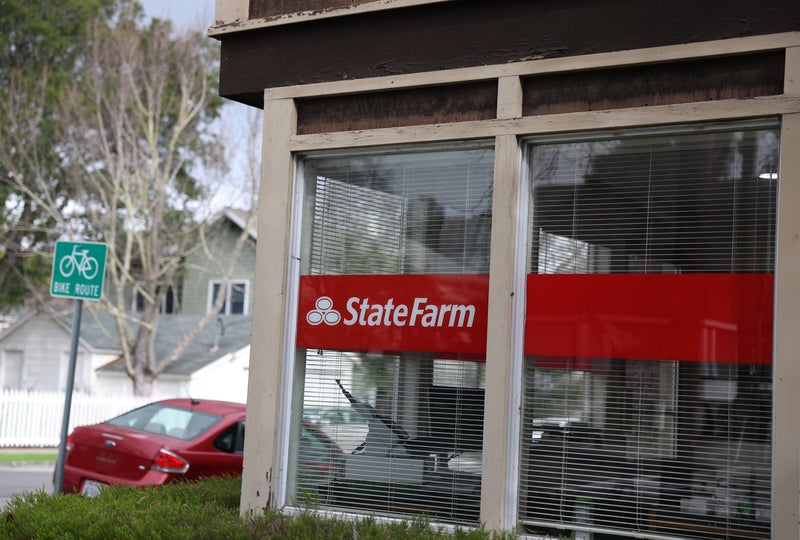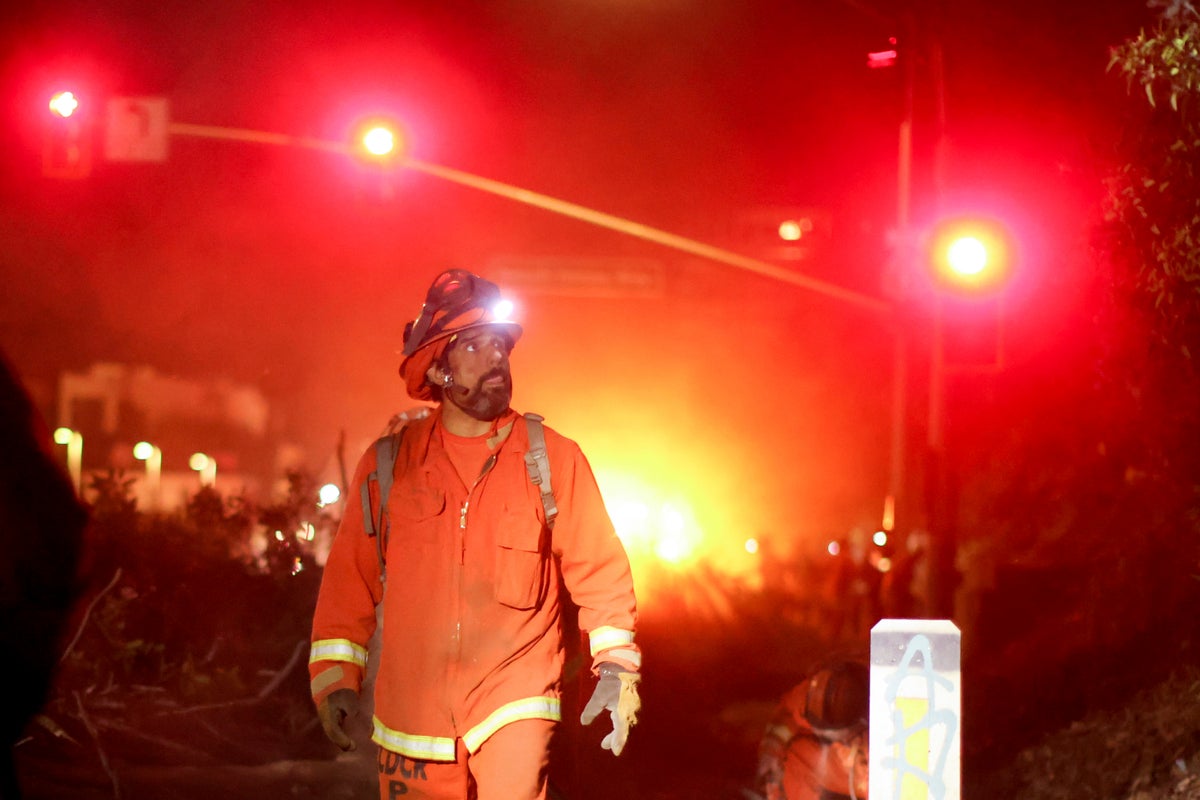Private plans, such as State Farm, required to give to Fair plan so all residents have access to fire insurance. California’s home-insurance safety net does not have enough money to pay all of the claims from damage caused by the Los Angeles wildfires and has asked private insurers to contribute $1bn toward those claims. All private insurers operating in California are required to contribute to the Fair plan, a plan of last resort established so all Californians would have access to fire insurance. More than 450,000 California homeowners got their insurance through the Fair plan in 2024 – more than double the number in 2020. As of 4 February, the plan had received more than 4,700 claims from the Palisades and Eaton fires, almost half of which were for “total losses”.
But, at a time when property insurers have already begun leaving the state, the record assessment may trigger insurers to stop doing business entirely in California. Although recovery efforts are still under way, the Los Angeles wildfires may have been the costliest disaster in California history, with estimated economic losses as high as $57bn. “We must take action to improve the financial standing of the FAIR Plan and prevent this situation from recurring,” Ricardo Lara, California’s insurance commissioner, said in a press release. The assessment is the first time since the 1994 Northridge earthquake that the plan has called on private insurers to contribute additional funds to pay out claims.
The $1bn assessment will be carried by private insurers, according to their market share. In 2023, California’s largest insurers included State Farm, Farmers Insurance Group and CSAA Insurance, according to Moody’s, a credit rating service. Insurance companies are responsible for half of that assessment, according to the state’s insurance department, but may pass off the other half to customers as a temporary supplemental fee. The assessment cannot be passed off in future rate hikes.
Companies must pay their share of the assessment within 30 days – meaning that immediately leaving the state would not prevent them from having to contribute to claims. However, some insurers are already evaluating whether the cost of doing business in California is too high in the era of climate change. In 2023, both State Farm and Allstate said they would no longer provide new coverage in the state.
In December 2024, State Farm decided not to renew fire insurance policies for about 1,626 customers in the Pacific Palisades – representing about 70% of its market share in the neighborhood. Some of those customers turned to the Fair plan, while others went uninsured. In response, Lara announced a new regulation, requiring insurers to issue policies in fire-prone areas to continue doing business in the state.
In mid-January, after the fires began, State Farm offered to renew many of the policies it had planned not to renew. Last week, State Farm filed a request for an emergency rate increase of 22%, claiming the fires had put the company under increased financial strain. To respond to California’s growing insurance crisis, Lara says, state lawmakers must consider legislation “that would allow the FAIR Plan to access credit lines and catastrophe bonds to help pay claims in worst-case scenarios”.
Some Angelenos have voiced another solution: litigation and policies that could force big oil to pay for the damage, citing the role of the industry in exacerbating climate change. “They must take responsibility for the harm that they’ve caused, pay reparations to the affected communities who lost their homes and businesses, and take immediate steps to mitigate further damage,” Sam James, who lost her grandfather’s home in the Eaton fire, said last month. “It should not continuously fall on us to address the consequences of big oil’s negligence.”.






















